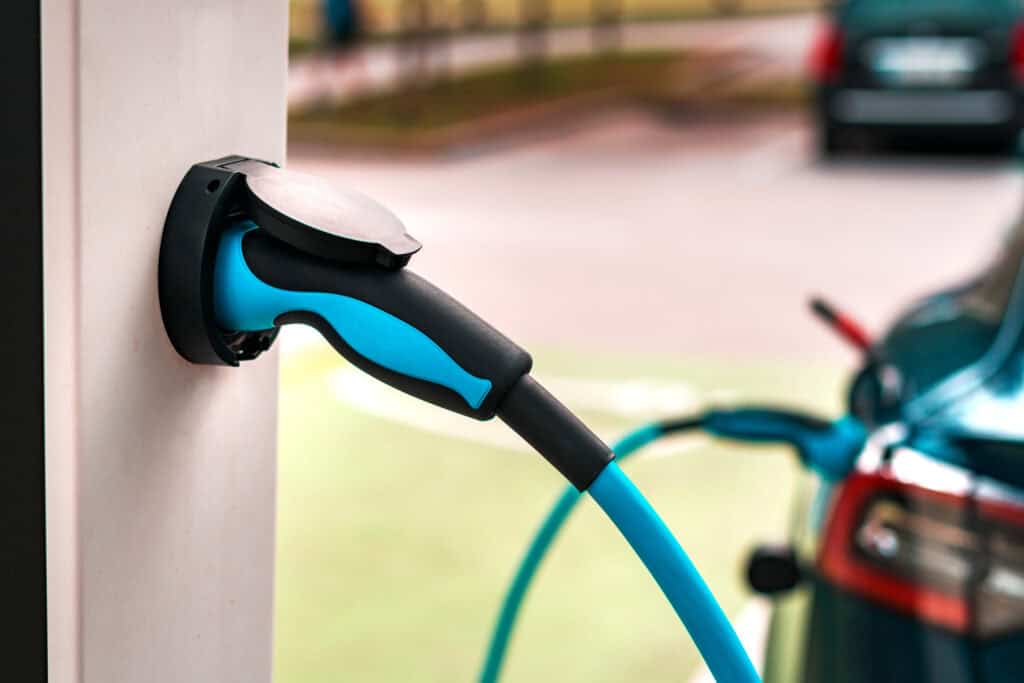
Lack of charging devices could affect UK’s EV rollout plans
A new investigation from the Competition and Markets Authority (CMA) has found that vital areas of development in the UK’s electric vehicle (EV) charging infrastructure have issues that could affect the successful rollout of EVs.
With the sale of new internal combustion engine (ICE) vehicles being banned by 2030, EVs are vital in the government’s target to achieve net-zero by 2050.
Particular issues over availability and competition in the market are being raised, specifically in locations such as motorway service stations.
That, coupled with the slow rollout of on-street charging, is causing concern that rural areas could be left behind due to a lack of investment.
The main concerns
The report from the CMA looks at competition in the market, with concerns over the industry as implementation starts to ramp up.
As a result, the report has set out four principles to ensure that using and paying for the charging of EVs is as simple as filling up with petrol or diesel:
- Charging points must be easy to find
- The cost of charging must be clear (standard units of pricing to be established)
- Charging must be accessible (standardised charge points that can be used by any EV)
- Charging must be quick to pay for (no sign-ups, contactless payments to be made available)
An investigation has also been launched into agreements that have been made between three motorway service operators (Extra, Roadchef and MOTO) and Electric Highway.
The charging company currently provides 80% of all charge points at motorway services stations.
That figure excludes Tesla’s Supercharger Network, which is only available for Tesla vehicles.
What is being suggested?
The CMA has recommended several things to ensure that the EV infrastructure is prepared for the new ICE ban in 2030.
It asks the government to set out a National Strategy for EV charging rollout between now and 2030, sitting alongside strategy from Scotland, Wales, and Northern Ireland.
Commitments also need to be made by energy regulators to ensure that it’s cheaper and quicker to connect new charge points.
Local authorities need support from the government to speed up the rollout of on-street charging, while the CMA is asking for conditions to be attached to its £950 million Rapid Charging Fund.
It recommends that a public body should be created to monitor the EV charging sector, to ensure that trust and confidence are built in the rollout.
The government’s Electric Vehicle Infrastructure Strategy is set to be released by the end of 2021.
There are currently 25,000 charge points in the UK, but experts predict that 10 times that amount will be needed for EV rollout to be successful by 2030.
Are you planning on expanding your fleet in the next year? If so, are you considering an EV if you haven’t made the green switch already?

